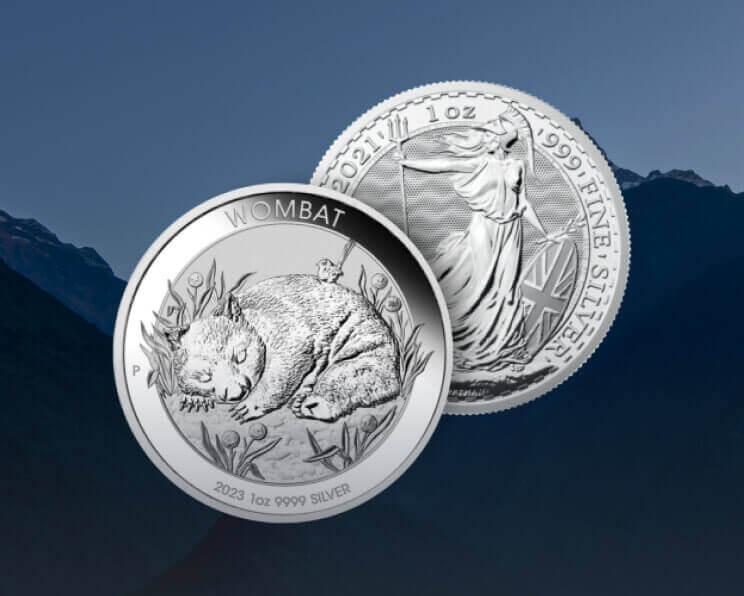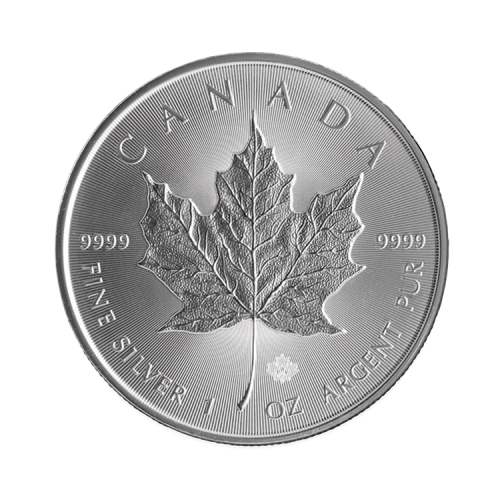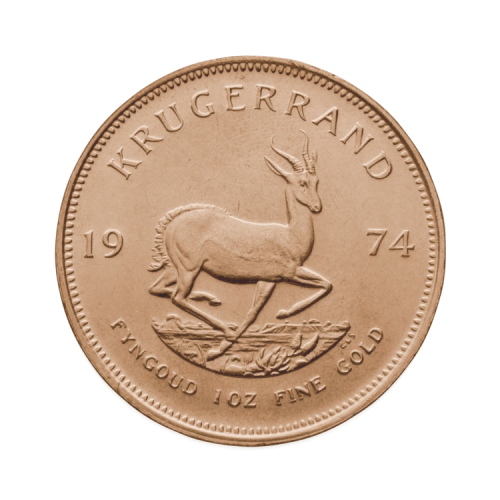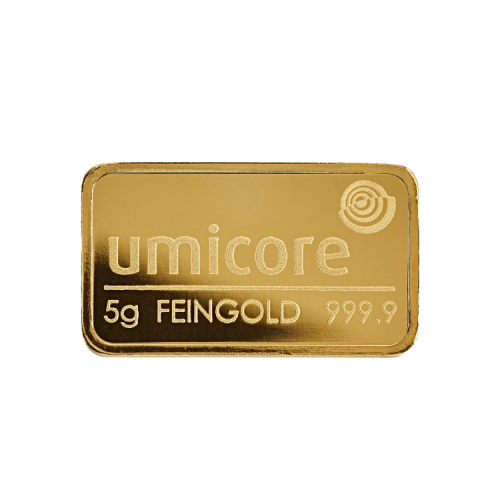How to protect yourself against inflation?

Inflation reduces the value of your money. Prices rise while your savings retain the same nominal value. This has serious consequences for your financial future. By making conscious choices, you can minimize the impact of inflation and protect your wealth.
What is inflation and why is it a risk?
Inflation is the rise in the general price level within an economy. As goods and services become more expensive, you can buy less with the same amount. This means your money loses value. Inflation is often caused by rising production costs, higher energy rates, or a sudden surge in market demand.
An inflation rate of 2% may not seem like much at first glance, but in the long term it can significantly impact your wealth. For example, if you have €10,000 in savings, its value could drop by almost 20% over ten years if the average inflation rate remains at 2% per year. For those who don’t want to see their wealth evaporate, it is essential to take proactive measures.
The impact of inflation on your savings and wealth
Savings are especially vulnerable to inflation, particularly when interest rates on savings accounts are lower than the inflation rate. In that case, you're essentially not saving at all, as your money loses value faster than the interest can compensate. The effects are noticeable in daily life—from higher grocery prices to rising housing and energy costs.
Fixed income sources such as pensions are also affected by inflation, especially if payouts are not adjusted annually for inflation.
Investments in traditional assets like bonds typically offer limited protection, as returns often do not outpace inflation. It is important to secure your wealth with alternative investments that are less impacted by inflation—such as investing in silver and gold.
What are the best strategies to fight inflation?
To protect yourself from inflation, it’s important to choose assets that retain or even increase in value as prices rise. Investing in tangible assets such as real estate or precious metals is a proven and effective way to hedge against inflation.
These assets have relatively high intrinsic value and are less dependent on monetary fluctuations. In difficult economic times, such assets often rise in value. For example, the gold price rose by 25% during the economic crisis of 2008.
Another strategy is to diversify your investments across multiple categories, such as stocks in sectors that benefit from inflation—like energy or commodities. Additionally, inflation-indexed bonds are a valuable addition to your portfolio.
These bonds offer returns linked to inflation, making them perform better during periods of rising prices. A diversified portfolio also spreads risk: if the commodity market declines, other areas like real estate or precious metals may compensate.
Creating a diversification plan is a vital part of protecting against inflation. The broader your portfolio, the better you can withstand the negative effects of rising prices.
The role of precious metals in protecting against inflation
Precious metals such as gold and silver have proven effective in protecting wealth from inflation. Gold is globally seen as a stable investment that often retains purchasing power even during economic uncertainty. As prices rise, demand for gold usually increases, which can further drive up its price.
Silver offers similar benefits and is also widely used in industrial applications, meaning it benefits from economic growth as well. Both metals are liquid, easy to trade, and independent of financial institutions. This makes them attractive for both novice and experienced investors.
An additional advantage of precious metals is that you can own them physically. This gives many investors a sense of security, as their value is not dependent on the performance of another party. By allocating a portion of your portfolio to gold or silver, you minimize the risk of value loss due to inflation.
Investing in real estate as an inflation hedge
Real estate is another effective way to hedge against inflation. Rent prices often rise with inflation, meaning your income as a property owner keeps pace with the rising cost of living. Additionally, property values tend to increase over the long term, making it an attractive investment.
The success of a real estate investment, however, depends on factors such as location, property type, and the state of the market. Commercial real estate—such as offices and retail spaces—can generate higher income but also carries more risk. Residential real estate is generally more stable and offers predictable income streams.
For those who don’t want to invest directly in property, real estate funds or REITs (Real Estate Investment Trusts) offer an accessible alternative, as they require no large upfront investment. This way, you can invest in the real estate market without direct management or maintenance responsibilities.
Practical steps to financially protect yourself against inflation
Protecting your wealth against inflation requires a structured approach. Start by analyzing your current financial situation and identifying which assets are most vulnerable to value loss. Create a diversification plan that fits your goals and risk tolerance.
Consider converting part of your savings into inflation-resistant assets, such as precious metals or real estate. Choose a combination of physical assets and financial products depending on your needs. One advantage of a financial product in the precious metals space is gold ETFs. These are investment funds that track the gold price.
Gold ETFs offer a way to invest in gold without physically owning it. This makes gold ETFs a liquid and accessible option for those who want to benefit from gold’s price development without concerns about storage and insurance.
In any case, make sure to regularly review and adjust your portfolio based on market conditions.
Would you like to learn more about how to protect your wealth from inflation? Contact us for expert advice or explore our range of precious metals and other value-retaining products.
Disclaimer: The Silver Mountain does not provide investment advice and this article should not be considered as such. Past performance is no guarantee of future results.
Rolf van Zanten is the founder and owner of The Silver Mountain, a specialist in physical precious metals since 2008. With nearly twenty years of experience in the precious metals trade, Rolf shares his expertise on investing in gold, silver, and platinum in an accessible and reliable way. His knowledge of the international gold and silver markets helps investors make well-informed decisions. In his role as an expert, he strives to ensure that transparency, security, and trust are at the heart of every purchase.






 About
About 







